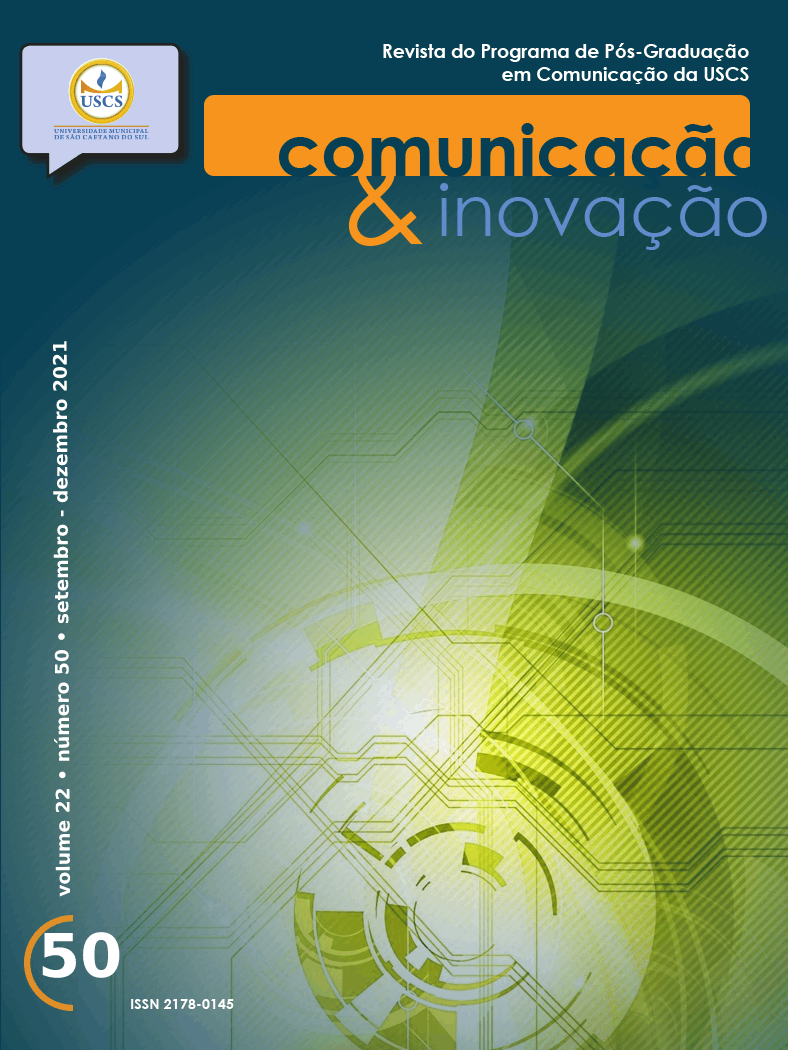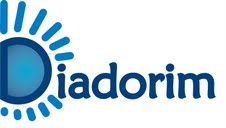Open innovation in the development of fact-checking agencies during the pandemic
DOI:
https://doi.org/10.13037/ci.vol22n50.8074Keywords:
open innovation, journalistic ecosystem, fact-checkingAbstract
This research seeks to understand innovative processes in journalism in light of the concept of open innovation and journalistic ecosystem. For this purpose, it systematizes the literature and performs empirical research based on multiple case studies of three fact-checking agencies, Lupa and Aos Fatos (in Brazil) and Chequeado (Argentina), as innovative journalistic actors. The study included the development of products and processes in open innovation as a response to the urgent demand for information and verification of false content in the coronavirus pandemic in 2020.
Downloads
References
AITAMURTO, T., LEWIS, S. Open innovation in digital journalism: Examining the impact of Open APIs at four news organizations. New media & Society, 15(2), 2012, 314-331.
ANDERSON, c. w.; BELL, E.; SHIRKY, C.. Jornalismo pós-industrial: adaptação aos novos tempos. Revista de Jornalismo ESPM, Nº 5, abr-jun 2013, p. 30-89.
BODENMÜLLER, L.. Entrevista concedida a _________________. Agência Aos Fatos, 2020.
BOURDIEU, P. Sobre a Televisão. Rio de Janeiro: Jorge Zahar, 1997.
CARVAJAL, M., LARA, A., GARCÍA AVILÉS, J. A. & GONZÁLEZ, J. L. Ranking de innovación periodística 2014. Espanha: Universidad Miguel Hernández, 2015.
CAVALEIRO, C.. Entrevista concedida a __________________. Agência Aos Fatos, 2020.
CHESBROUGH, H. W. The Future of Open innovation: IRI Medal Address – The Future of open innovation will be more extensive, more collaborative, and more engaged with a wider variety of participants. Research – Technology Management. Nov-Dec 2017, 29-35, 2017.
ERC – Entidade Reguladora Para A Comunicação Social. A Desinformação —Contexto Europeu e Nacional, 2019.
FERNÁNDEZ, P.. Entrevista concedida a _____________________. Chequeado, 2020.
FRANCISCATO, C.. Uma proposta de incorporação dos estudos sobre inovação nas pesquisas em jornalismo. Estudos em Jornalismo e Mídia. VII(1), 2010, 8-18.
GRAVES, L. Understanding the Promise and Limits of Automated Fact-Checking. Reuters Institute for the Study of Journalism. University of Oxford, 2018. Disponível em Internet: https://reutersinstitute.politics.ox.ac.uk/our-research/understanding-promise-and-limits-automated-fact-checking
HUIZINGH, E.K.R.E. Open innovation: State of the art and future perspectives. Technovation, 2011, 31, 2–9.
LEAL, Natália. Entrevista concedida a ___________________. Agência Lupa, 2020.
OECD/EUROSTAT. (2018). Oslo Manual 2018: Guidelines for Collecting, Reporting and Using Data on Innovation. 4th Ed. OECD Publishing: Paris/Eurostat, Luxembourg.
QUINTANE, E., CASSELMAN, R. M., REICHE B. S. & NYLUND, P. A. Innovation as a knowledge-based outcome. Journal of Knowledge Management, 15(6), 2011, 928-947.
TIGRE, P. B.. Gestão da Inovação. Rio de Janeiro: Elsevier, 2006.
WARDLE, C., DERAKHSHAN, H. (2017) INFORMATION DISORDER: Toward an interdisciplinary framework for research and policy making: council of europe report. Council of Europe Report. Disponível em Internet: http://tverezo.info/wp-content/uploads/2017/11/PREMS-162317-GBR-2018-Report-desinformation-A4-BAT.pdf
YIN, R. K. Estudo de Caso – Planejamento e Métodos. (2a ed.). Porto Alegre: Bookman, 2001.
Downloads
Published
How to Cite
Issue
Section
License
Copyright (c) 2021 Carlos Franciscato, Ana Laura Farias

This work is licensed under a Creative Commons Attribution-NonCommercial-NoDerivatives 4.0 International License.
Conforme consta nas normas da revista, o envio de artigos e textos solicitando a apreciação com a finalidade de publicação na Comunicação & Inovação, configura a cessão de direitos autorais.
No caso de fotos e imagens, o autor deve providenciar documento que ateste a permissão em termos de direitos autorais.





